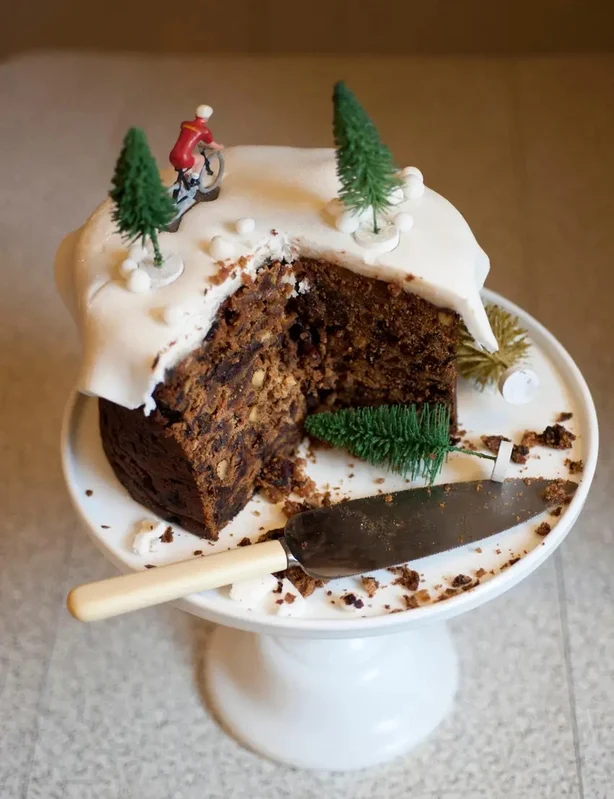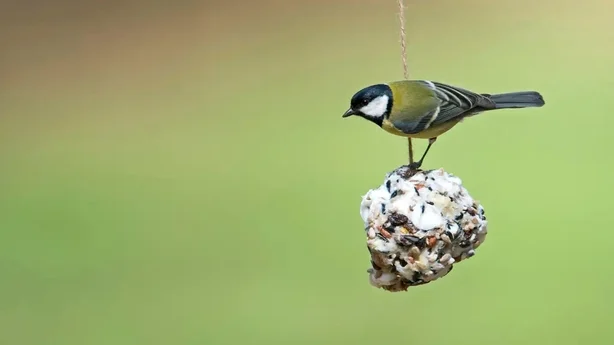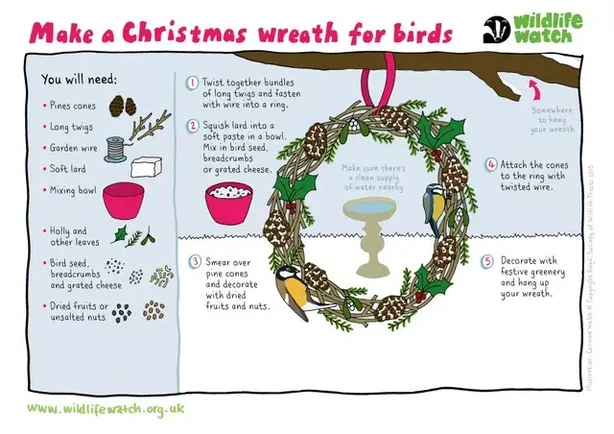Stay updated with the latest beauty tips, trends, and news from our salon experts. Our blog is your go-to source for all things beauty.
When we’re all tucking into our Christmas dinner, spare a thought for the birds.
Winter is a time when food is more scarce for our feathered friends, so serve them up Christmas leftovers to give them the extra calories to stay warm.
Helen Moffat of the RSPB recommends offering birds the following Christmas fare to give them a winter feast…
Potatoes: Roast, baked or mashed spuds will provide a festive feast for lots of garden birds.
Unsalted bacon rind: If you’re making pigs in blankets and have some rind leftover, chop it up so it’s good for birds of all sizes – but make sure it’s unsalted.
Pastry: Either uncooked or cooked, and especially if it’s been made with real fat.
Christmas cake: Birds love dried fruit such as raisins, sultanas and currants. Song thrushes, blackbirds and robins will flock to Christmas cake, but be careful if you have pets, as it can be harmful to cats and dogs.

Cheese: If you have some mild cheese left over from a cheeseboard, grate it and put it out. It will be a big hit – especially with robins and dunnocks, who really appreciate the extra calories as nighttime temperatures drop.
Fruit: Any leftover or bruised apples or pears can be chopped up and put out to be enjoyed by tits and starlings, or even some of our visiting migratory birds such as redwings.
Thomas Hibbert of The Wildlife Trusts also says unsalted nuts will be a hit with the birds.
"They should be put into a metal mesh-style feeder so birds can break chunks off, rather than taking whole peanuts (though choking is more of a hazard when they’re feeding young in spring)," he advises.
"Great spotted woodpeckers, blue, great, and coal tits, and nuthatches will feed on them. Coal tits and nuthatches will hoard peanuts."
Beware that poor quality peanuts sold for birds can contain a fungal toxin that is dangerous to birds, he adds.

Anything with salt: Birds can’t metabolise salt, it’s toxic to them – so don’t put out any salty foods or food covered in gravy.
Cooking fat: People often mistakenly think all fat is good for birds, but this type definitely isn’t. Leftover fat from your roast can smear on to birds’ feathers and ruin their waterproofing and insulating qualities. Better to save it for a stock. Avoid anything cooked and covered in oil, as this can become smeared on their feathers and damage their waterproofing, the RSPB recommends.
Cooked porridge oats: Uncooked, they’re fine, but once cooked they’re glutinous and sticky and prone to gumming up beaks.
Milk: Birds can’t digest milk – it can make them seriously ill.

Either pop food onto bird tables directly, or places you frequently see your local birds, such as fence posts, the RSPB recommends. Avoid the ground, as it can attract rodents.
Alternatively, you could use the leftovers to make homemade fat balls. Always use pure hard fats such as suet or lard – never oil.
You could even make a Christmas wreath for birds, twisting bundles of long twigs together and fastening them with wire onto a ring. Squash lard into a soft paste in a bowl, mixing breadcrumbs and bird seed into it, smear it over pine cones and decorate with dried fruits and nuts, before securing to cones to the ring with twisted wire. Then decorate the ring with festive greenery and hang it up on a tree.
If you are putting nuts or other leftovers in bird feeders, remember to clean them, says Hibbert.
"Dirty bird feeders spread diseases. Clean feeders outside, in a bucket of cold or warm soapy water and rinse well before hanging back up. We recommend wearing rubber gloves. Special bird feeder cleaning disinfectant is also available."